History. A Mess by Sigrún Pálsdóttir
translated by Lytton Smith
A young Icelandic woman is studying for a PhD in art history in London. The work of transcribing a 17th-century diary seems tedious until she makes an amazing discovery: the artist of a renowned painting is actually a woman, the first female professional artist in Britain.
It isn’t until she is about to submit that student discovers her mistake. Her first thought is to hide the evidence, but will that make her a criminal, a pariah of the academic world?
Back in Reykjavík, reuniting with friends and family, she’s plagued by dreadful headaches. As hallucinations become more prominent, she struggles to distinguish fantasy from reality with disastrous results.
I loved the premise of this novel, published by Peirene Press who kindly provided my review copy. I loved the slant on women’s history and the deception that drives a person mad. The ending was pure perfection. But the musings on art and the gaggle of girlfriends confused me and I ended up as unsure as the protagonist of what was meant to be real.
Ada’s Realm by Sharon Dodua Otoo
translated by Jon Cho-Polizzi
Thematically, these women are linked through their struggles for autonomy and self-definition. Symbolically, they’re linked through a bracelet, a fertility talisman, stolen by the white man and brought to the West. As they circle through successive reincarnations, the story also proceeds through the points of view of inanimate objects: a door knocker; a soon-to-be redundant British EU passport; a broom. While adding humour – I particularly enjoyed the passport – they further complicate an already complicated story.
And that was the problem for me. The novel seemed less successful through trying to do too much. Although I sympathise with the politics – the disaster of Brexit and the implicit racism in Where are you from? – the references seemed forced.
Two things drew me to this novel: the character of Ada Lovelace and Ghanaian history. The first proved a disappointment, the author’s choices in how to present her further undermining her intellectual achievements – of course, that might be the point. All I can say is that it’s certainly different. Thanks to publishers Quercus for the chance to find out.
Ada sits at her desk, the weight of responsibility pressing on her shoulders. There’s no doubt Fenxilg Muwvrik is a masterpiece and, written in a language with only three thousand speakers, and fewer readers, she’s long dreamt of translating it into English. But it’s tough. Even for Ypcíd, renowned for the complexity of its grammar and metaphors, the author’s word choice seems bizarre.
Puzzling over another challenging paragraph, she goes to the window as if to find inspiration in the view. Beneath a sunny sky, nature’s colours are reassuringly conventional. Yet in Fenxilg Muwvrik, the grass grows impossibly blue.
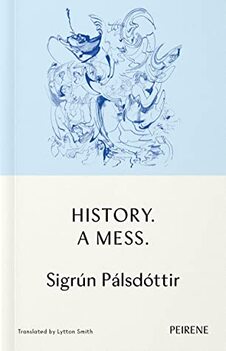
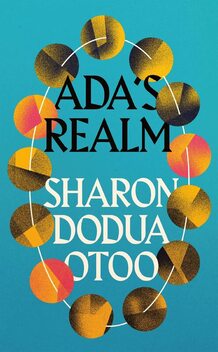
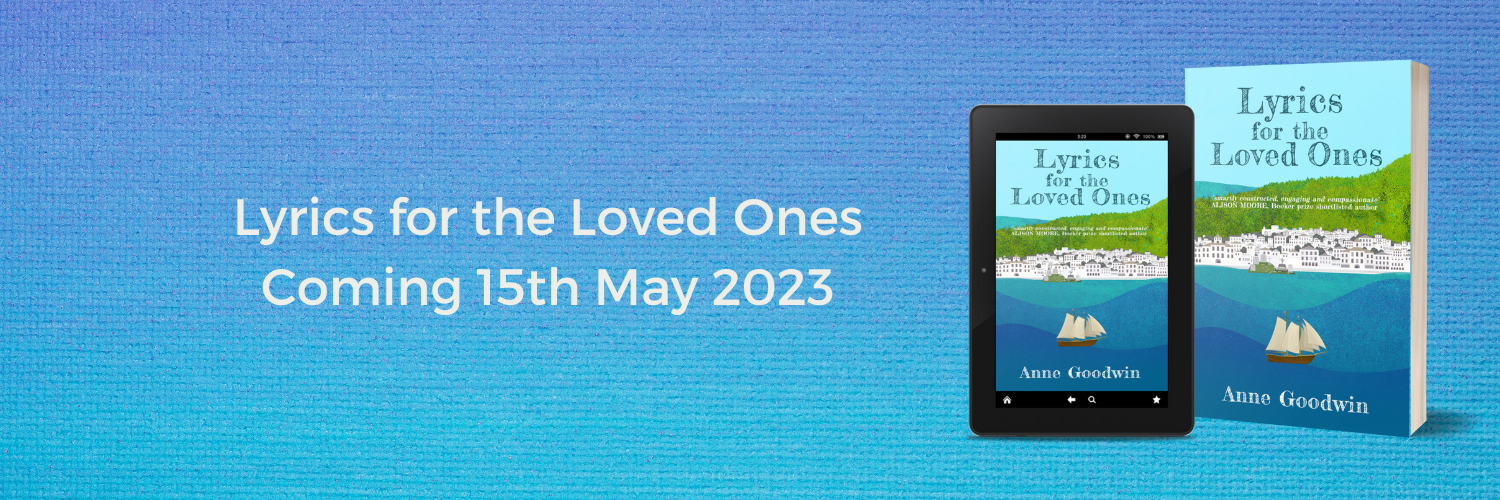
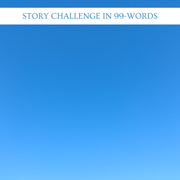
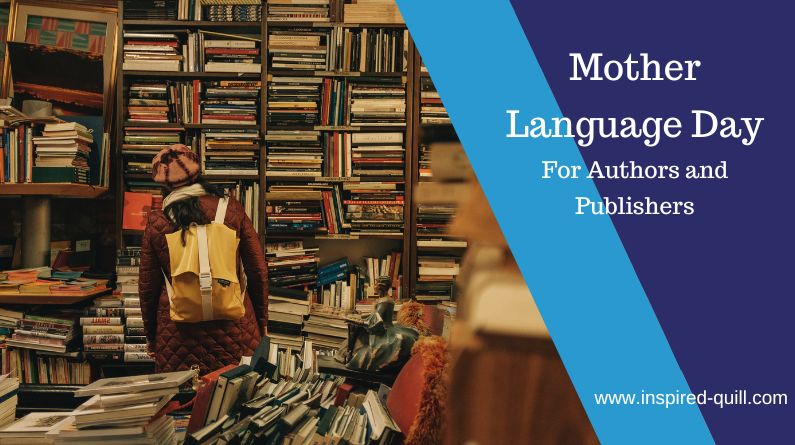





















 RSS Feed
RSS Feed





















